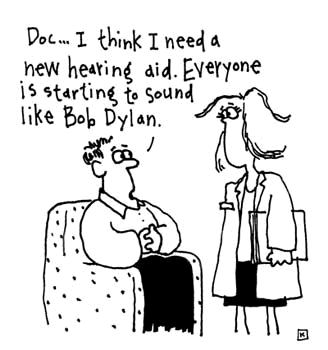Better Hearing Month – It’s time for your annual hearing test
Just as eye exams are a part of your routine health checks, it’s a good idea to get annual hearing tests, too — for these reasons:
Hearing loss is a natural part of the aging process and is sometimes so gradual you don’t notice it until it’s too late. An annual test will give you a good head start towards getting the care you need.
- Your hearing changes as you age. By testing your hearing annually, your hearing professional can detect and measure those changes, and counsel you on the prevention methods or hearing solutions that are specific for your loss.
- The majority of general practitioners don’t screen for hearing loss — so even if you have routine physical exams, chances are your hearing wasn’t given the attention it deserves.
- Dedicated hearing professionals have the experience and state-of-the-art equipment needed to inspect your ear canal, accurately measure your hearing loss, assess your unique needs, and prescribe a solution that takes all this important and personalized information into account.
Free hearing tests all May
May is Better Hearing Month, making it the ideal time to schedule your annual hearing test with the hearing professionals at Advanced Hearing Centers Atlanta. To arrange for your free hearing test and consultation, contact us by filling out our Contact Us page and we will be in touch to schedule your free appointment.


